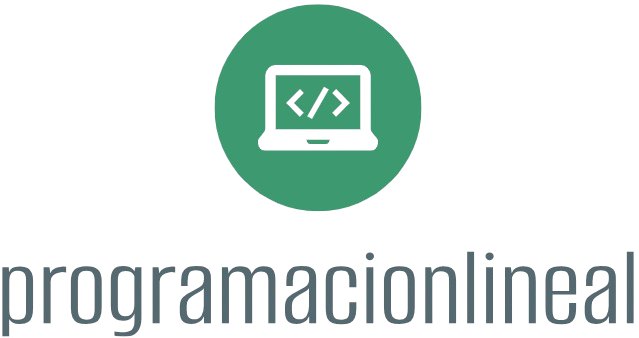SQL (Structured Query Language) is a powerful tool for managing and analyzing data. For anyone involved in data analysis, learning SQL is not just beneficial—it’s essential. Here’s why SQL should be a core component of your data analysis toolkit:
1. Universal Data Management Language
SQL is the standard language for relational databases, which are used to store and manage structured data. Most major databases, including MySQL, PostgreSQL, Microsoft SQL Server, and Oracle, use SQL. Knowing SQL gives you the ability to interact with various databases seamlessly and efficiently.
2. Efficient Data Retrieval and Manipulation
SQL provides robust capabilities for retrieving and manipulating data. With SQL, you can:
- Query Data: Extract specific subsets of data using SELECT statements.
- Filter and Sort: Use WHERE, ORDER BY, and other clauses to refine and organize data.
- Aggregate Data: Perform calculations such as averages, sums, and counts with functions like AVG(), SUM(), and COUNT().
These features enable you to perform complex data analysis tasks with ease.
3. Advanced Data Analysis Capabilities
SQL goes beyond basic data retrieval. It allows you to:
- Join Tables: Combine data from multiple tables using JOIN operations to analyze relationships between different data sets.
- Group Data: Use GROUP BY to aggregate data based on specific criteria.
- Create Subqueries: Nest queries within other queries to perform more advanced data manipulations.
These capabilities make SQL a powerful tool for in-depth data analysis and exploration.
4. Data Integrity and Management
SQL helps maintain data integrity and consistency with:
- Transactions: Ensure that a series of SQL operations are completed successfully or not at all, preserving the database’s state.
- Constraints: Define rules for data integrity, such as unique keys, foreign keys, and not-null constraints.
Proper data management is crucial for accurate analysis and decision-making.
5. Scalability and Performance
SQL databases are designed to handle large volumes of data efficiently. They provide:
- Indexing: Enhance query performance by creating indexes on frequently queried columns.
- Optimization: Use query optimization techniques to improve performance and reduce execution time.
Learning SQL allows you to leverage these features to work effectively with large data sets and ensure fast query performance.
6. Integration with Data Analysis Tools
SQL integrates well with various data analysis and visualization tools:
- Business Intelligence Tools: Tools like Tableau, Power BI, and Looker use SQL to fetch and analyze data.
- Programming Languages: Languages like Python and R can execute SQL queries and process the results for further analysis.
Proficiency in SQL enhances your ability to work with these tools and integrate them into your data analysis workflow.
7. Industry Standard Skill
SQL is a widely recognized and sought-after skill in the job market. Proficiency in SQL is often a requirement for roles in data analysis, data science, and business intelligence. Learning SQL can open doors to numerous career opportunities and increase your competitiveness in the job market.
8. Ease of Learning
SQL is relatively easy to learn compared to other programming languages. Its declarative nature means you describe what you want to achieve rather than how to achieve it. This simplicity makes SQL accessible even to those with limited programming experience.
Conclusion
Learning SQL is a fundamental step for anyone involved in data analysis. Its ability to efficiently retrieve, manipulate, and analyze data, combined with its universal application across various databases and tools, makes it an indispensable skill. By mastering SQL, you enhance your data analysis capabilities, improve your career prospects, and gain a deeper understanding of the data you work with.











